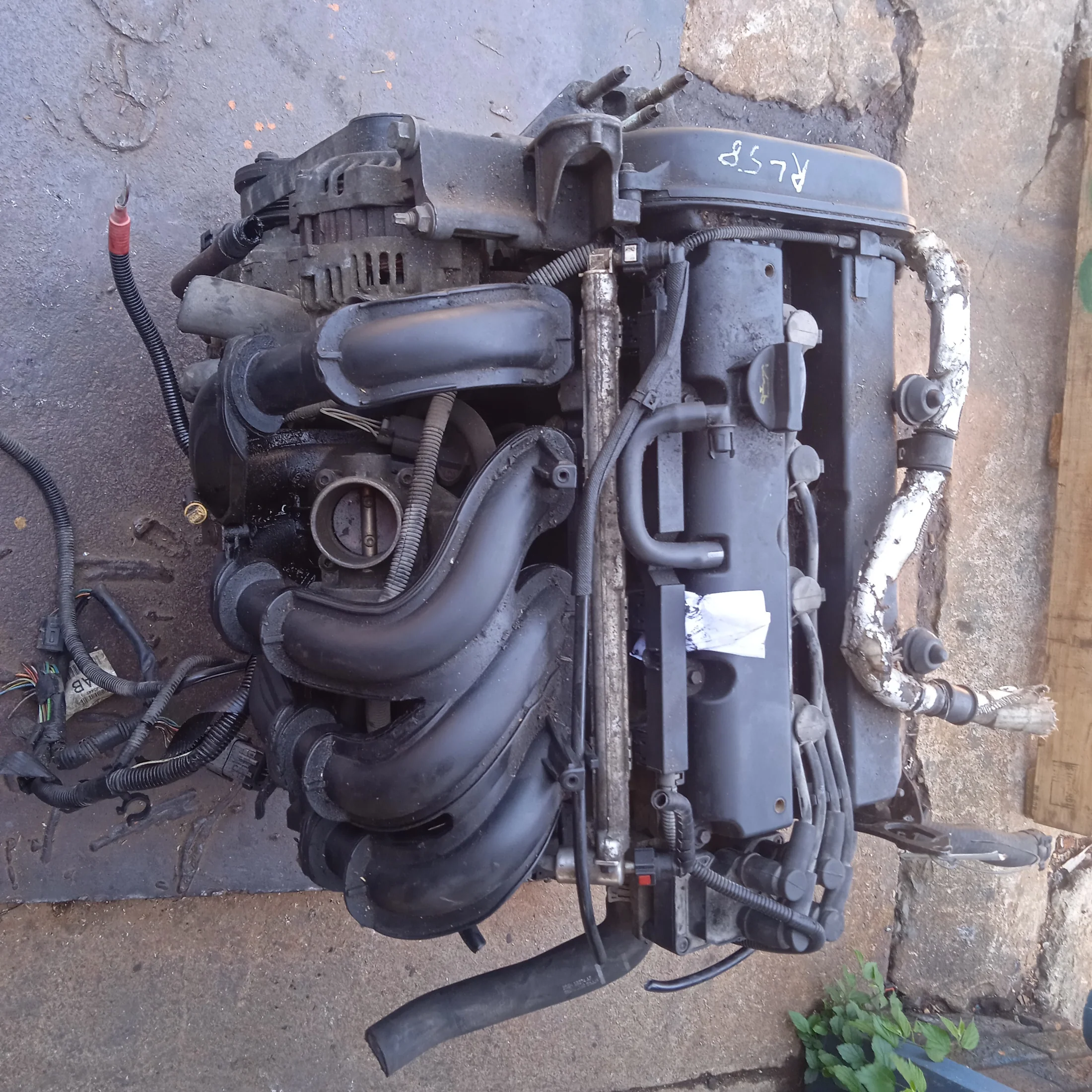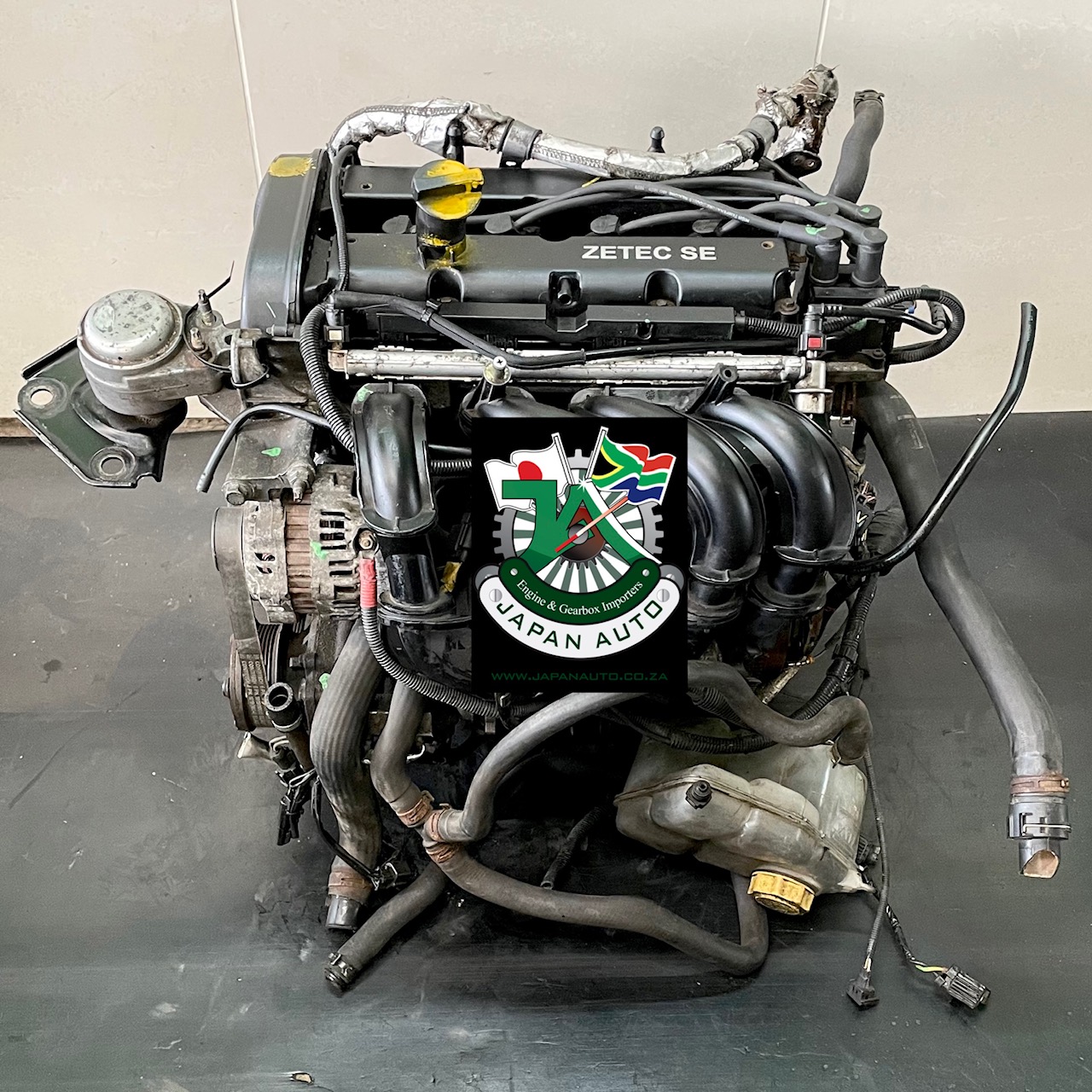The Future of Engines: Technologies Driving Sustainable Power Solutions
As the auto sector browses the critical change towards sustainability, the future of engines is increasingly defined by groundbreaking advancements. Electric engine developments, together with encouraging developments in hydrogen gas cells and biofuels, are improving the landscape of power services. The introduction of hybrid systems further complicates this advancement, providing both obstacles and possibilities to decrease discharges effectively. Combined with the integration of expert system in engine layout, these technical strides elevate vital questions regarding their long-lasting stability and influence on traditional standards. What might this imply for the sector and consumers alike?
Electric Engine Advancement
The evolution of electric engine advancements symbolizes a crucial change in the aerospace and vehicle industries, driven by the urgent requirement for lasting alternatives to fossil fuels. This change is defined by substantial improvements in battery innovation, power electronic devices, and electric motor style, which collectively enhance the effectiveness and performance of electrical engines.
Recent technologies have brought about the production of lighter, more energy-dense batteries, such as lithium-silicon and solid-state batteries, which assure longer varieties and shorter billing times. In addition, renovations in electrical motor efficiency, such as the usage of long-term magnets and progressed cooling down systems, allow electric engines to run successfully under differing problems. These improvements not just improve car performance but additionally contribute to a decrease in general power usage.
In addition, the assimilation of innovative software program formulas has enhanced energy management in electric lorries, permitting regenerative stopping and anticipating charging approaches. As manufacturers progressively embrace electric propulsion, the aerospace and automotive sectors are observing a standard change towards greener technologies. This evolution not just meets governing needs yet additionally lines up with consumer preferences for eco-friendly transport services, strengthening electrical engines as a cornerstone of future lasting mobility.
Improvements in Biofuels
As the aerospace and automobile sectors increasingly prioritize lasting power resources, advancements in biofuels arise as a corresponding service to electric engines. Biofuels, stemmed from organic materials such as crops, waste, and algae, provide a cutting-edge opportunity for reducing greenhouse gas exhausts and dependence on fossil gas.
Current research study has actually concentrated on boosting the efficiency and sustainability of biofuel production. Second-generation biofuels utilize non-food feedstocks, reducing competition with food supply and reducing ecological impact. Improvements in synthetic biology have enabled the design of microbes to generate biofuels extra effectively, leading to higher returns and reduced manufacturing prices.
Furthermore, the advancement of drop-in biofuels enables smooth integration right into existing facilities, allowing a smoother transition for markets commonly depending on nonrenewable fuel sources. ford fiesta engine. These gas can be utilized in current engines without adjustments, facilitating their fostering across various fields
Investments in biofuel innovation, along with encouraging policies, are important to drive innovation and scalability. As the international neighborhood looks for to fight climate change, biofuels provide a pragmatic, instant option that straightens with the overarching goal of sustainability in transport and aviation.
Hydrogen Fuel Cell Modern Technology
A growing number of scientists and firms are discovering hydrogen gas cell technology as a practical choice to conventional source of power in transportation and power systems. This technology transforms chemical energy from hydrogen right into power through an electrochemical response, with water as the only byproduct, making it an eco-friendly option.
The core of hydrogen fuel cells is the gas cell pile, where hydrogen molecules are split right into electrons and protons. The flow of electrons produces power, while protons move with a membrane to incorporate with oxygen from the air, forming water. This procedure results in high effectiveness and reduced discharges, placing hydrogen fuel cells as an essential gamer in the transition to sustainable power.
Considerable developments have actually been made in improving the durability and efficiency of gas cells, alongside decreasing costs via ingenious manufacturing strategies. The growth of hydrogen manufacturing methods, such as electrolysis powered by sustainable energy sources, boosts the sustainability of the overall system. As infrastructure for hydrogen refueling expands and production methods come to be a lot more efficient, hydrogen fuel cell modern technology holds great promise for decarbonizing various fields, consisting of durable transportation and stationary power generation.
Hybrid Systems and Their Influence
Hybrid systems represent a considerable development in lasting engine technology, merging standard interior burning engines with electrical propulsion to maximize Go Here energy performance and decrease emissions (ford fiesta engine). This dual strategy allows automobiles to utilize both power sources, allowing better versatility in energy consumption and decreasing reliance on fossil fuels

In enhancement to environmental benefits, crossbreed systems supply customers a practical transition towards completely electrical lorries. They ease array stress and anxiety by incorporating the comfort of gas with the benefits of electrical propulsion, making them an attractive option for a wider target market.
The Function of AI in Engine Style
Leveraging sophisticated formulas and artificial intelligence strategies, the auto industry is progressively integrating synthetic intelligence (AI) into engine layout processes. AI improves the performance and efficiency of layout by assessing substantial datasets to identify optimum arrangements and efficiency criteria. This capacity permits engineers to simulate various operating conditions and predict engine behavior under multiple circumstances, dramatically minimizing the time and cost related to standard prototyping methods.
Additionally, AI assists in the advancement of innovative products and burning procedures customized for sustainability. By enhancing gas effectiveness and lessening exhausts, AI-driven styles straighten with worldwide efforts targeted at lowering the carbon impact of automobile engines. Artificial intelligence algorithms can additionally anticipate upkeep requirements, resulting in boosted dependability and long life of engine parts.
Moreover, AI contributes in the combination of electrification innovations, such as crossbreed systems, where it can maximize battery monitoring and energy recovery procedures. As the industry moves towards more lasting power options, the role of AI in engine design comes to be significantly crucial, driving technology and improving the performance of future engines. Inevitably, the collaboration between AI and engine design advertises a new age of smarter, cleaner, and extra effective vehicle modern technologies.

Conclusion
In see this website conclusion, the future of engines is being formed by a merging of ingenious modern technologies that focus on sustainability. Electric engine advancements, biofuel advancements, hydrogen fuel cells, and crossbreed systems collectively contribute to a significant decrease in discharges and ecological effect.
Electric engine improvements, alongside appealing advancements in hydrogen fuel cells and biofuels, are reshaping the landscape of power services. Furthermore, renovations in electric motor effectiveness, such as the use of long-term magnets and advanced cooling systems, make it possible for electric engines to run effectively under varying conditions. By enhancing this article gas effectiveness and decreasing exhausts, AI-driven designs line up with international initiatives intended at lowering the carbon impact of auto engines. As the industry relocates towards more lasting power services, the duty of AI in engine layout comes to be progressively important, driving innovation and enhancing the efficiency of future engines. Electric engine innovations, biofuel developments, hydrogen fuel cells, and hybrid systems jointly contribute to a considerable decrease in exhausts and ecological influence.